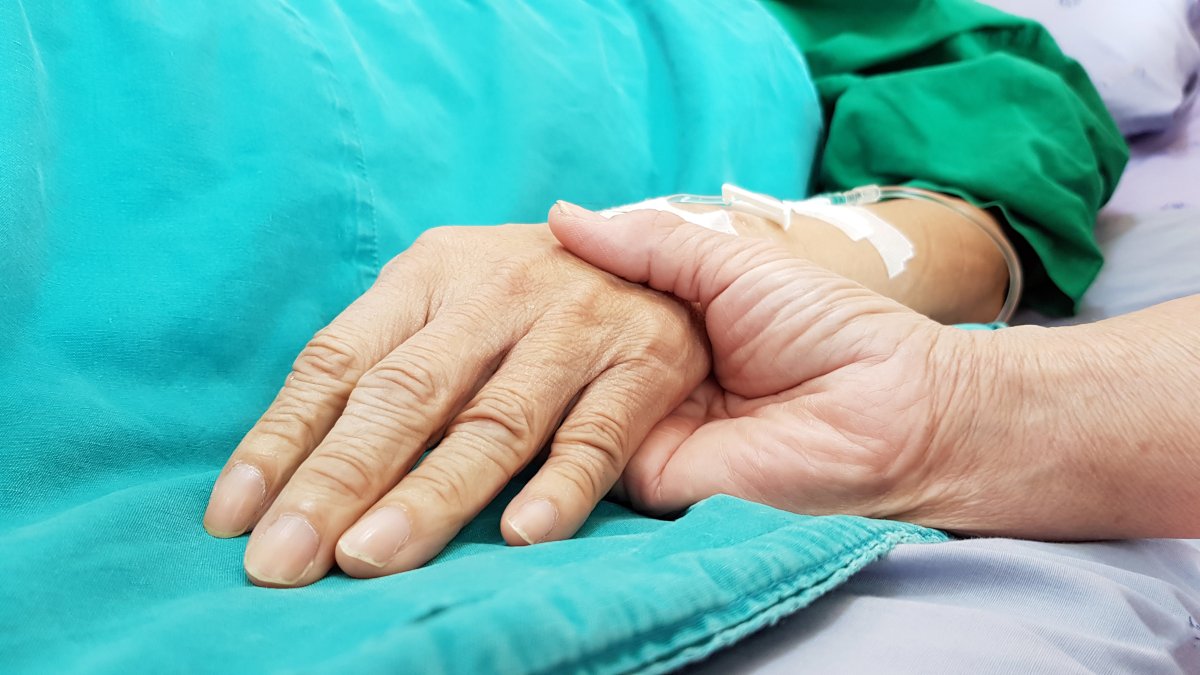At the beginning of the pandemic, Canadians often reached out to one another in a show of solidarity. Sometimes it was an offer to help a neighbour pick up groceries, while at other times entire city blocks would bang together pots and pans in a show of support for frontline health care workers.

But not so much anymore.
A recent study done by the Canadian Mental Health Association and UBC suggests that Canadians may be experiencing something called “empathy fatigue.” The poll shows that only 13% of Canadians say they feel empathetic compared to 23% at the beginning of the pandemic.
Margaret Eaton, the CEO of CMHA says that lack of empathy is leading to poor mental health.
“So you’ve got people who are tired, and they’re maybe not as mentally well as they once were. They’re concerned about being isolated from other people and that can lead to division and fracturing of society.”
The numbers appear to bear that out. The CMHA/UBC study shows that 37% of Canadians are worried about losing social connections, while 39% of those polled worry about being separated from their friends and family.
That’s nearly the same percentage of those who are worried about getting sick with COVID-19.
But Eaton says empathy is the way to bridge the divide.
READ MORE: Mental health struggles intensify as pandemic continues
“Empathy is essential not only for building positive and healthy relationships, but also for reducing divisions between people, and in our communities. And the good news is, it is an emotional response that can be cultivated.”
She says it’s important to remember that empathy is a learned skill, and needs to be practiced regularly.
“Try to listen (to others) and hear what they’re saying without providing solutions. So if they’re complaining about something or they’re in pain, try not to rush in with your idea of what the answer is.”
Eaton says empathy for others, including those who have mental health challenges, can make all the difference in the world.
“I think that’s one of the most important things. Not that you’re there to provide answers, because you’re not a mental health professional, but you can show your love and care and concern for the person in many ways that can be so powerful so that person doesn’t feel alone.”
She says if you are concerned about your mental health or that of a loved one, go to CMHA.ca and find a local office in your area to obtain assistance.








Comments